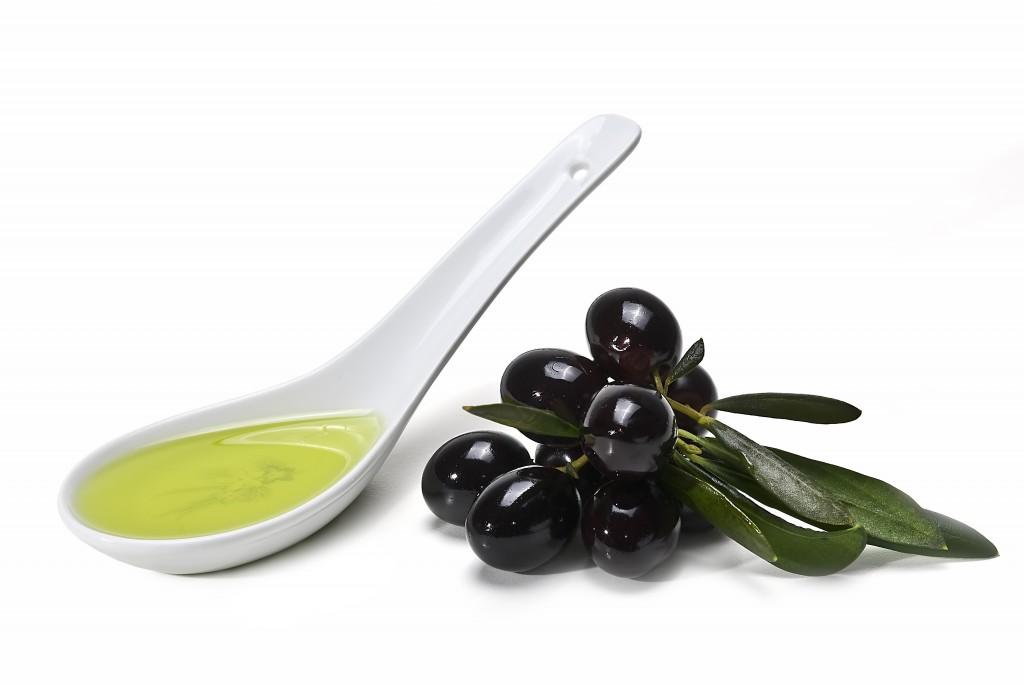Many people are unfamiliar with the topic of trans fats in our diet. From time to time the effects trans fats can have on our health are brought up in media. But why are they bad and how can we avoid them?
What you need to know about trans fats
With trans fats, we are referring to either natural or industrially produced fats that have a structure very similar to unsaturated (soft) fats, but they differ in their attachment point of the double bond.
This tiny difference in their structure makes a huge difference in their effect on our health. Trans fatty acids can increase the amount of bad cholesterol (LDL) while decreasing the amount of good cholesterol (HDL) in our bodies, which means they pretty much have a double bad effect on our fat metabolism.
On average, our consumption of trans fats has decreased. Products that used to contain trans fatty acids – like microwave popcorn, ice creams, cookies, and french fries – now have less trans fatty acids than before. But while trans fatty acids have decreased, the amount of saturated fats in these products has increased, so these products still have a bad effect on our fat metabolism overall.
Trans fats pretty much have a doubled bad effect on our fat metabolism.
Where are the trans fats hiding?
Most of us get trans fats from fatty dairy products, like butter, and meat. However, today there are many options for these fatty products, and there are increasing amounts of low-fat and fat-free options on the market. Skim milk or fat-free milk for example don’t contain any fats, and therefore no trans fatty acids either.
While you might not specifically be consuming lots of trans fatty acids in your diet, it’s important to acknowledge them as a part of your overall fat intake and fat balance.
Focus on consuming more good fats
It’s common to be scared of fats; therefore, many people avoid all sorts of fats. Many also don’t know what the sources of good fats are. These can be different types of oils, nuts, seeds, and avocado, and should not be avoided. Also, some plant-based kinds of margarine are a good source of unsaturated fats, which is why you can choose a more fatty option there.
After all, increasing the amount of good fats in our diet is much more impactful on our health than decreasing the amount of trans fats.
Make unsaturated choices,
Marika Venäläinen
Licensed nutritionist and author of 80/20 Nutrition Workbook.




